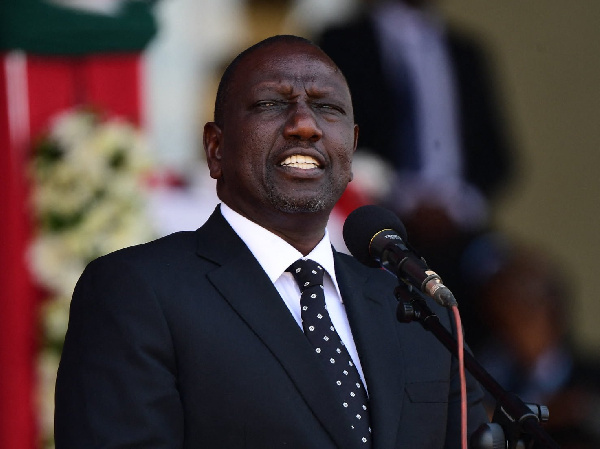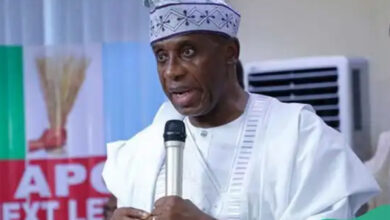Kenya presidency rules out default as cash crunch delays salaries

The debt burden, compounded by a weakening local currency and international market turmoil precipitated by a banking crisis, has led to speculation that Kenya could soon default like Zambia and Ghana.
Nairobi has no plans to go down that route, said David Ndii, the president’s adviser.
“We are not insolvent. We can finance repayments. It is a significant sacrifice but we are actually able to pay,” Ndii told Citizen TV late on Monday.
He said default was a “very bad idea” since it would force the government to “spend the next three to four years in very protracted debt restructuring negotiations”.
Annual interest payments on domestic debt alone have surged from 180 billion shillings ($1.34bn) nearly a decade ago when the debt binge started to 680 billion shillings ($5.09bn) this year, Ndii said, heaping pressure on the government’s cash flow.
President William Ruto won a hotly contested election last August, pledging to lift millions out of poverty, but he is facing challenges from the high cost of living and growing debt repayments.
This led to protests organised by veteran opposition leader Raila Odinga for two weeks in March.
The government was failing in one of its most basic obligations by failing to pay its workers, said Opiyo Wandayi, the leader of the opposition in the national assembly.
“Civil servants and MPs have gone to Easter without salaries,” he said in a statement issued during the weekend.
He did not respond to a request for comment on Tuesday but another lawmaker told Reuters the salaries were sent to bank accounts on Tuesday morning.
Lawmakers had not received their March salary by April 7, a delay from the usual payment time of before March 26-30.
Ndii attributed the delays to the liquidity challenges posed by the rising repayment of debts. Finance Minister Njuguna Ndung’u is yet to comment on the matter.
Source: aljazeera.com





